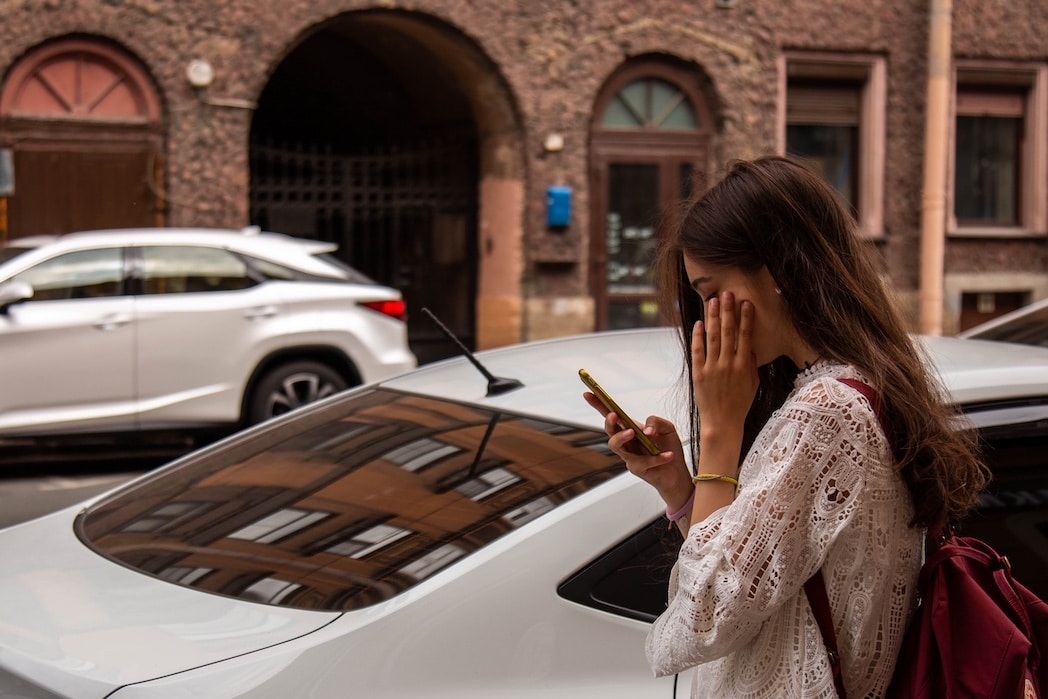Why it’s Important to Disconnect in a Hyper-Connected World
If you’ve ever had to call an IT department or help desk representative for help with a computer or electronic device, chances are they started the conversation with one question: “Did you unplug it and plug it back in?” Often, that simple step is all it takes to get your device back on track and working correctly.
That same process works for humans. Sometimes it’s necessary to unplug yourself from your hyper-connected world of email, texts, and social media accounts to reset yourself and get your life back on track.
Lonely Planet
The world is becoming more and more wedded, and some say addicted, to its technology. As of 2019, 67% of the total population used mobile devices, 57% were on the Internet, and 45% were active social media users. These numbers were up 2% to 9% over 2018, and are sure to increase in 2020. Virtually everyone from adolescents, young adults, to adults now has instant access to other people around the globe.
However, rather than bringing people together, the Internet and social networks may have contributed to a growing epidemic of loneliness and social isolation. A recent study in the United Staes on loneliness found that the age group that has never known a world without technology—young people ages 18 to 22—is also the loneliest generation.
A 2017 research project found that even those who were most connected on social networks—those who used social media for more than two hours a day—were twice as likely to report perceived social isolation. Psychologist Dr. John Cacioppo, who studied loneliness throughout his career, concluded that social isolation is linked to physical ailments like inflammation and high blood pressure, and is more likely to cause premature death than obesity or heavy smoking.
Social Media Can Be Quite Unsociable
A lot of people take great pride in the number of friends or followers they have on each social account. Online social networks can indeed reconnect you with long lost acquaintances and help you forge new relationships. However, seeing someone’s life through a Snapchat or Instagram filter is in no way as powerful as meeting them face-to-face. Humans need physical, social interaction—a hug, an empathic touch on the arm, and eye-to-eye contact. Social media accounts aren’t a substitute. Spending too much time online can distract you from real-life social support groups and relationships.
Another reason for the social disconnect is the potential for FOMO or fear of missing out. Watching others enjoy a party, vacation, or activity to which you weren’t invited can be difficult and contribute to loneliness or even depressive symptoms. You might also experience feelings of rejection, isolation, and alienation if this happens often. Without social media, though, would you have even known these events were taking place without you?
Social media accounts often provide insight into an unrealistic life. Filters, retouches, and interesting angles applied to carefully curated images provide a stylized, idealized, and distorted representation of a person’s reality. A study by German scientists found that both young women and young men “feel pressure to portray themselves in the best light to their Facebook friends.” Young women, in particular, are “more likely to stress their physical attractiveness and sociability.” The same study found that one in three people felt worse after viewing others’ profiles. Participants reported negative feelings of envy, misery, and loneliness.
Overcoming Social Disconnection By Disconnecting
It may seem ironic that the solution to social isolation and disconnection is to disconnect—at least temporarily—from your online life. The truth is that your real-life existence is much more important than the one you live through your social media accounts. Disconnecting can improve your mental and physical health.
In addition to Dr. Cacioppo’s findings that loneliness is linked to earlier mortality, researcher Naomi Eisenberger found a link to social and physical pain. In her study, human subjects who were distressed by social disconnection online showed brain activity strongly resembling physical pain. And as with physical pain, their distress showed a significant decrease after taking Tylenol.
You may be thinking that you might experience physical pain if you disconnect yourself from Instagram and Snapchat. That’s understandable. Significant changes to your routines can be challenging (remember last year’s New Year’s resolutions?). But remember—you’re not closing your social media accounts forever or swearing off the Internet. Both have their benefits. It’s best to decrease your social media usage gradually to lessen your feelings of isolation and loneliness.
You can wean yourself from the Internet and social media by beginning to discipline yourself to access your profiles and non-work emails only for a certain period (perhaps one total hour online) at a particular time of day. Your messages and timeline posts aren’t going anywhere.
While you’re disconnected, devote your newfound time to reconnect with real life. Go on a date with your partner, introduce yourself to a new neighbor, or enjoy a night out with friends. You can even spend some time enjoying your solitude, which is much different than loneliness or social isolation. Solitude is self-prescribed alone time that you can use to meditate, create something awesome, or ponder your insights about the universe.
It’s OK To Ask For Help
If your loneliness, social isolation, or technology addiction has affected your well-being, consider reaching out to one of the Therapy Group of NYC’s mental health professionals. We provide personalized therapy plans to get you back to a healthy place, with or without your social media accounts.

